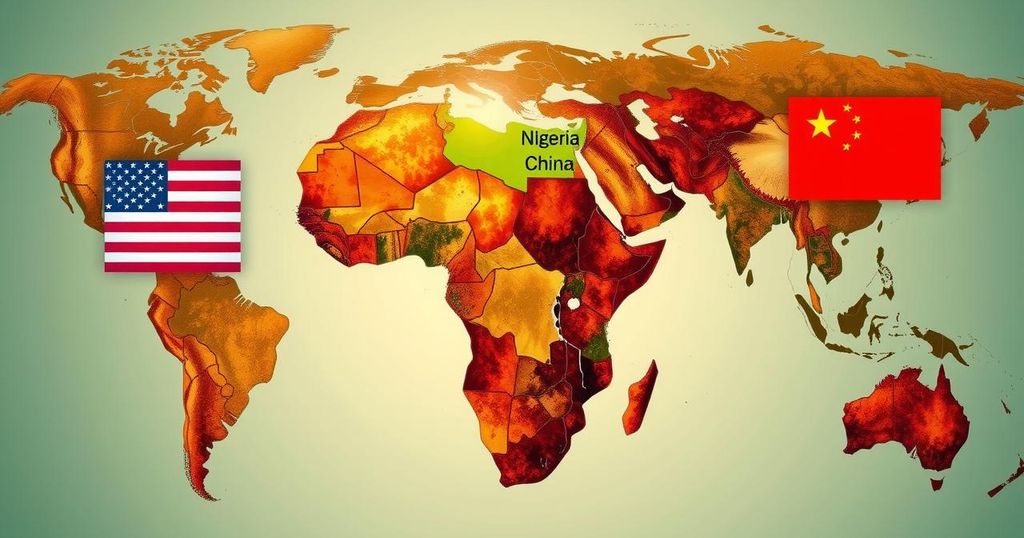Fatia Maulidiyanti of KontraS raises concerns regarding Indonesia’s new Criminal Code, which restricts civil liberties, criminalizes dissent, and imposes stringent regulations on public gatherings. The code’s provisions reflect a move towards authoritarian governance and a disregard for civil society input, prompting calls for international support to protect civic space ahead of the 2024 elections.
In recent discussions, Fatia Maulidiyanti, the Executive Coordinator of KontraS, highlighted concerning changes in Indonesia’s new Criminal Code, enacted by the government. This legislation purportedly undermines civil liberties, echoing a more authoritarian past reminiscent of the Suharto regime. Key articles introduce new penalties for defaming government officials, criminalizing dissent and stifling civic engagement. The law further mandates stringent requirements for public demonstrations, reflecting efforts to consolidate governmental control ahead of the 2024 presidential election. Additionally, attempts to legislate morality, particularly concerning private relationships, align with policies appeasing conservative factions. Despite civil society’s protests since 2019, which included the ReformasiDikorupsi campaign, the government has prioritized political maneuvering over genuine engagement with civic voices. Maulidiyanti underscored the need for international support to protect civic space in Indonesia, urging global actors to hold the government accountable for its actions, as civic space is currently rated as ‘obstructed’ by the CIVICUS Monitor.
The new Criminal Code in Indonesia has raised significant alarm among civil society organizations, including KontraS, which focuses on human rights violations. This legislation introduces articles that criminalize defamation against government officials, potentially silencing critics and limiting free expression. The changes coincide with a broader pattern of political maneuvering as the government seeks to solidify its control in anticipation of upcoming elections. Additionally, the laws impose restrictions on public gatherings, exacerbating the challenges faced by civil society groups.
The enactment of Indonesia’s new Criminal Code poses serious threats to civil society, infringing upon individual rights and freedoms. With significant provisions against dissent and requirements for public demonstrations, the government’s actions reflect an alarming trend towards authoritarianism. Civil society, despite its efforts, has struggled to influence these legislative changes, highlighting the need for international support to uphold democratic values and human rights within the country.
Original Source: www.civicus.org




